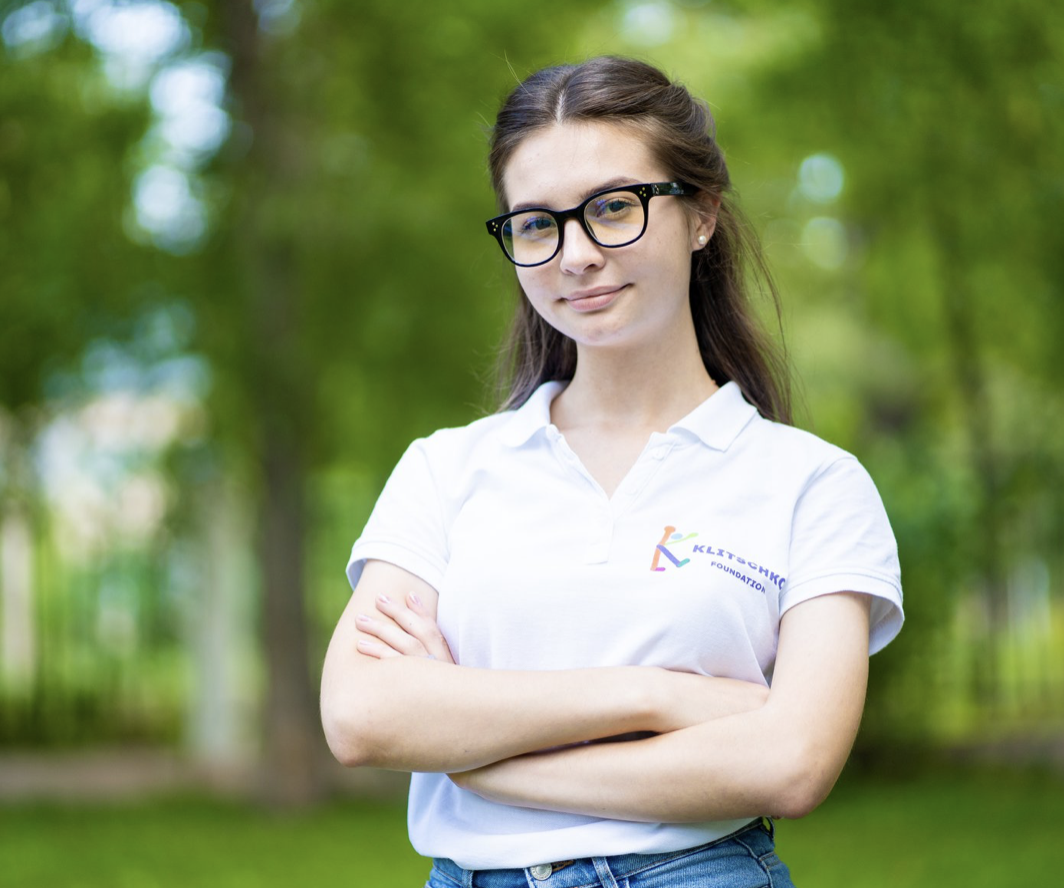#stories2020 We moved the project online
08 June 2020 · 5 minutes reading

Two weeks before the start of the educational project, we learned that quarantine had been introduced in Ukraine. How did you adapt and what lessons did you learn?
Alina Nosenko
Director of the Klitschko Foundation
3 years ago, together with our partners at the Aspen Institute Kyiv, we decided to create a philosophical seminar for teenagers called Horizons of the Future. Before the project starts, the participants study adapted philosophical texts, from Descartes to Fukuyama. In a friendly circle, teenagers express their opinions, and moderators support the discussion and ask questions. This format allows young people to define the issues that concern them at a particular age - love, family, happiness, search for life's purpose, and choice of profession. In addition, the participants learn to think critically, listen and hear, express their position and respect different opinions.
In November, we started preparing the foundation's annual report. In my interview, I said that in 2020 we would move more towards online education. However, I did not think that we would have to do it so quickly and in such conditions. During a Zoom conference with partners from The Aspen Institute Kyiv, we were asked the question: do we take risks and do something we've never done before, or cancel a project we've been preparing for so long? It's good that our colleagues are as brave as we are, so we decided to give it a try.
We started by making alternative plans and creating a test online seminar for our colleagues to experience everything for themselves. During this period, it was important to understand what should be changed in order to convey knowledge as effectively. It turned out that we were in almost round-the-clock communication with the participants: not only did we try to get advice on the project, but we also supported each other morally. In addition, we knew that teenagers are already sitting at the computer too much, so we did exercises after each set of tasks.
Tip: Know your target audience well. We've been working with ours for 17 years, so we understand how to collect feedback: we did polls on Telegram, created Google forms, and asked questions on Instagram. That's how we found out when teenagers have classes, on what days and on what platforms they find it more convenient to work. We added a physical warm-up and made changes to the program to create the most interesting and comfortable conditions possible. Of course, don't forget about moral support. We know from experience that 3 days is often not enough to answer all the questions, to reach a logical conclusion in all the discussions, so we were ready to continue communication outside the seminar, to support with advice or just to listen.






















